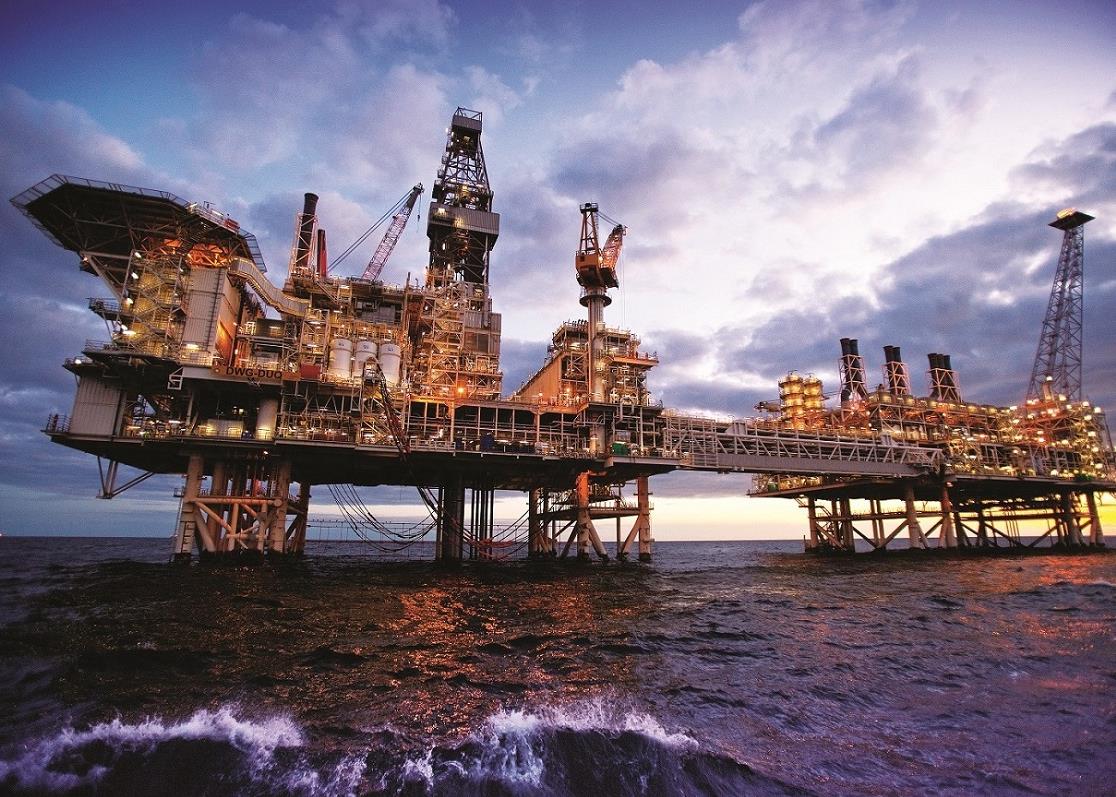
Cable venture FLAG Telecom has encircled the world with one of the most advanced fibre optic networks yet developed. Driven by rising demand for new bandwidth in recent years, the company has managed to secure business with many international carriers. Demand for FLAG's products and services is growing fast in the Middle East, despite difficult market conditions worldwide.
'We are part of a global industry and, like all international carriers, we were affected by the slowdown in the markets,' says Walid Irshaid, FLAG Telecom's regional vice-president. 'But in the Middle East [we are] more fortunate because, as emerging markets, the region's countries need to invest a lot more in their telecoms infrastructure than others.'
As a result, the Middle East is high on FLAG's agenda. Annual revenue targets for the region stand at $50 million-60 million.
'We have high expectations for the region,' says Irshaid. 'There is still an acute internet connectivity shortage. Governments are now realising the need to invest in developing their infrastructure and to catch up with the rest of the world.'
FLAG's strategy is clear. With the internet emerging as a prime driver for regional businesses, FLAG is positioning itself at the forefront of companies providing high-capacity global connections. Since operations began on its first cable linking Europe and Asia via the Middle East in 1997, the company has set up landing stations in Egypt, Jordan, Saudi Arabia and the UAE.
These regional hubs allow for seamless high-speed connections to other FLAG landing stations around the world. Among them are New York, London and Paris, which are connected through the FLAG Atlantic-1 (FA-1) cable, one of the world's first multi-terabit, transatlantic loop systems. The Middle East is also directly linked to FLAG's multi-terabit backbone in Western Europe and to the company's FLAG North Asian loop (FNAL), scheduled to become fully operational later this year. In addition, regional carriers and users of high-speed internet can acquire bandwidth to San Francisco via FNAL, linking the Middle East with the US' west coast.
With FLAG's global coverage in place, the Middle East now has direct connectivity to all major business centres in Europe, Asia and both the east and west coasts of the US. However with demand for bandwidth on the rise, FLAG is already preparing to implement a new long-term strategy for the Middle East.
'We are coming to a stage where capacity limits are being reached and we have to think about other solutions for the region,' says Irshaid. 'We are now working on a solution to bring terabit technology to the Middle East by 2003.'
The terabit cable will be based on a loop structure and will allow for the transport of massive amounts of data to satisfy rapidly growing internet traffic and other data-rich applications, including high-speed data and digital video traffic. The terabit system should be fully operational and available to serve the entire region by 2012.
Says Irshaid: 'Applying terabit technology will allow people to benefit from economies of scale. This should bring prices for users down to European and US levels.'
Prices have begun to fall in some countries. In Egypt, where FLAG also provides network services to the international carrier community and internet service providers (ISPs) through its Cairo point of presence, prices have dropped already. 'We bring more competitive pricing to the region, which benefits operators, which in turn benefits users,' says Irshaid.
So far, the Middle East has proved a lucrative market for FLAG. The company has sold a significant amount of bandwidth to regional carriers and ISPs. In Egypt, Telecom Egypt and three private ISPs, Nile On Line, Noor Advanced Technologies and EgyNet, have acquired a total capacity of 620 megabits a second (Mb/s), making the country one of the region's leading investors in bandwidth.
The largest single capacity purchase on any cable landing in the region was made by Saudi Telecommunications Company in 2000. The carrier acquired synchronous transport module (STM)-4 capacity (620 Mb/s) between its Jeddah landing station and New York.
Emirates Telecommunications Corporation (Etisalat) has been another of FLAG's biggest customers. In December, it signed its third STM-1 capacity (155 Mb/s) purchase agreement with FLAG. The company can now offer bandwidth between its Fujairah hub and New York, San Francisco and Japan.
Jordan, which is trying to position itself as an important regional internet player, has boosted telephone and internet capacity by purchasing bandwidth through its cable circuit in Aqaba. National carrier Jordan Telecommunications Company now owns an STM-1 high-speed link to the US.
However, FLAG is not limited to signing deals only with countries where it has landings. The installation of a connection to FLAG's cable is costly and access to the company's bandwidth is also possible through third countries. Says Irshaid: 'Countries that want a FLAG landing have to realise that there is a cost involved. This requires willingness to invest.'
Tunisia is one customer that has opted for a third-country connection. In August, Tunisie Telecom purchased STM-1 capacity on FLAG's FA-1 cable between Italy's Palermo hub and New York. The deal will allow the carrier to serve local ISPs, while also enabling it to fulfil the needs of neighbouring countries such as Algeria. A similar solution is envisaged by Libya. The General Post & Telecommunications Company will soon offer a global internet service by signing up to STM-1 connectivity on the FLAG network via Palermo.
FLAG's potential for more deals across the region is huge, especially in heavily populated countries such as Algeria, Morocco, Syria and Iran. Demand for more bandwidth is on the rise, as governments, carriers, ISPs and users become fully aware of the potential of the internet. With the new investments in the high-speed regional backbone to commence later this year, FLAG is likely to be a key supplier of required capacity in the Middle East for years to come.
Oliver Klaus
You might also like...

Adnoc Offshore awards Upper Zakum contract
17 April 2024

Oman awards Batinah coastal road contract
17 April 2024

Oman appoints Al Khuwair Downtown project manager
17 April 2024
A MEED Subscription...
Subscribe or upgrade your current MEED.com package to support your strategic planning with the MENA region’s best source of business information. Proceed to our online shop below to find out more about the features in each package.









